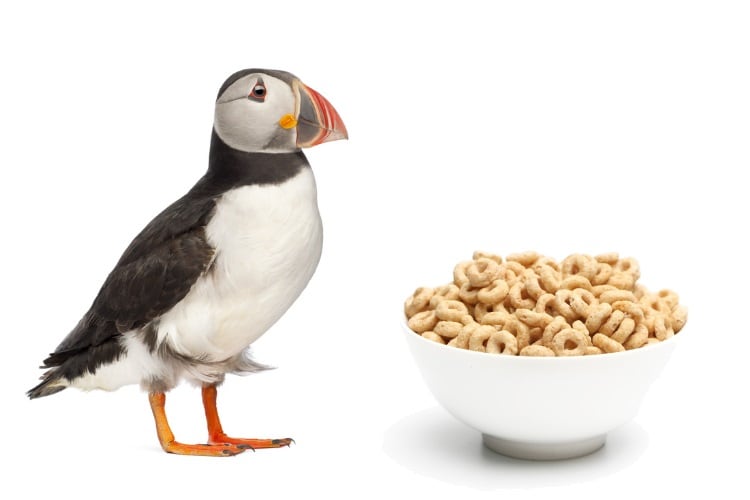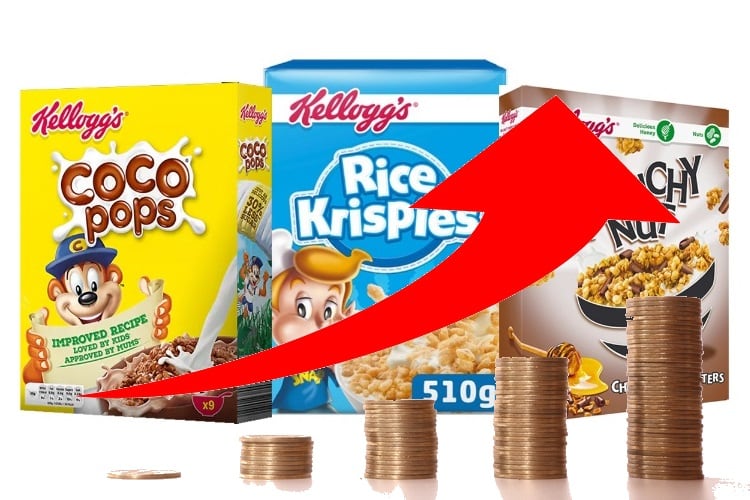The plant-based trend has developed into a fully-fledged movement, with more consumers than ever choosing a vegan (1%) and flexitarian (60%) lifestyles. The pandemic, in particular, has given it impetus, with consumers reassessing what they eat to benefit their own health and that of the planet. Analysts now predict the plant-based food market to grow by 11.9% CAGR between 2020 and 202y to reach $74.2bn.
To meet the demand, the food industry is continually motivating with new product launches. In fact, plant-based food sales jumped a whopping 243% by the summer of 2020, as choice expanded, became more appealing and accessible.
Campaigns – like the Vegetarian Society’s Meat-Free Monday and even Kellogg’s marketing push to highlight the nutritional value of a bowl of breakfast cereal with milk – are also whetting appetites.
According to Kellogg’s, a bowl of breakfast cereal with milk (which boosts calcium intake) provides at least 25% of recommended intake of 6 B-group vitamins, vitamin D (in kids and family cereals) and at least 15% of the recommended intake for iron – all for less than 300 kcal.
New push
The plant-based movement is underscored by the UK’s National Food Strategy, which suggests the nation should eat 30% less meat by 2030.
The Vegetarian Society also claims the move to plant-based is much easier than many consumers expect, with the massive payoff of having less impact on wildlife, already adversely affected by climate change.
“We’re asking people to do whatever they can – swap one meal, eat veggie for a whole week … get experimental, and have fun … just go for it,” said Richard McIlwain, CEO of the Vegetarian Society.
“Evidence shows plant-based food is better for the planet, has far less carbon emissions than meat, and for households on tight budgets it can also be a cheaper, healthy choice.
“This popular foodie campaign will be bigger and better than ever this year, with a clear focus on the climate crisis.”
This year’s Vegetarian Week is sponsored by snack producer Cauldron, but also sees a number of other businesses across the UK getting involved. It has also garnered the support, for the first time, of a number of local authorities, many of which have declared climate emergencies.
“We can all feel powerless in the face of climate change and at times, wonder what we can do to make a difference,” said the Society.
“Yet the answer is simple. We can all make a difference, now, today … by eating more plant-based foods. It sounds too easy, but by choosing vegetarian meals you’ll have less impact on our iconic wildlife, loved by millions, whose homes are adversely affected by the climate crisis.”
To make it even easier, the Vegetarian Society is posting online a range of carbon-calculated recipes that are easy-to-make – be you a kitchen novice or a dedicated plant-based follower – along with stats and hints on how to tackle the climate crisis.





